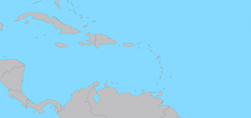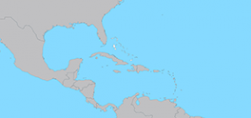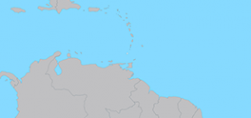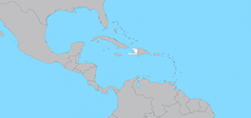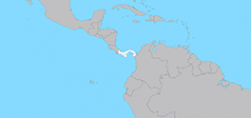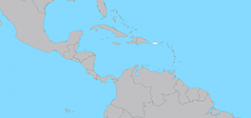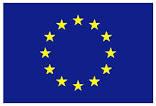INTERPOL Regional iARMS Training Course for the Caribbean
Two iARMS Training Course sessions for Central America and the Caribbean were was organized by INTERPOL at the Institute of Legal Medicine and Forensic Sciences in Panama City, Panama from 18 April to 21 April 2017 . The training was attended by the following countries: St Kitts and Nevis, Aruba, Curacao, St Maarten, Anguilla, Grenada, St Lucia, Antigua and Barbuda, Haiti, Bahamas, Cayman Islands, Jamaica, St Vincent and Grenadines, Trinidad and Tobago, Puerto Rico, Bermuda, British Virgin Islands. Regional Organizations such as the Caribbean Community Implementing Agency for Crime and Security (CARICOM IMPACS), the Central American Integration System (SICA) and INTERPOL Regional Bureau San Salvador were also invited and attended the training courses. In total, 35 participants were trained in the use of the iARMS database. The objectives of this training were to train personnel from different NCBs as well as relevant units and regional organizations on the use of the iARMS database and to promote the use and benefits of INTERPOL Firearms Programme Policing Capabilities (iARMS, IFRT and IBIN) in the fight against the proliferation of small arms and light weapons in Central America and the Caribbean. This training ensured that at least two participants from each country learnt how to use the database properly. The participants were advised to disseminate the knowledge acquired during this training to other law enforcement officers that will be granted access to the database.
Funded by the European Union, the INTERPOL Illicit Arms Records and tracing Management System (iARMS) is a platform that facilitates information exchange and investigative cooperation between law enforcement agencies in relation to the international movement of illicit firearms. Countries are encouraged to upload records of lost and stolen firearms in iARMS. Consequently, in the case of a recovered firearm, the database is queried and the country can identify when and where the firearm was diverted into illegal possession. Should the query does not generate a positive result, the user can send a request to the country of manufacture, country of last legal import (if marked on the firearm) and to any country that may be connected to the case.

